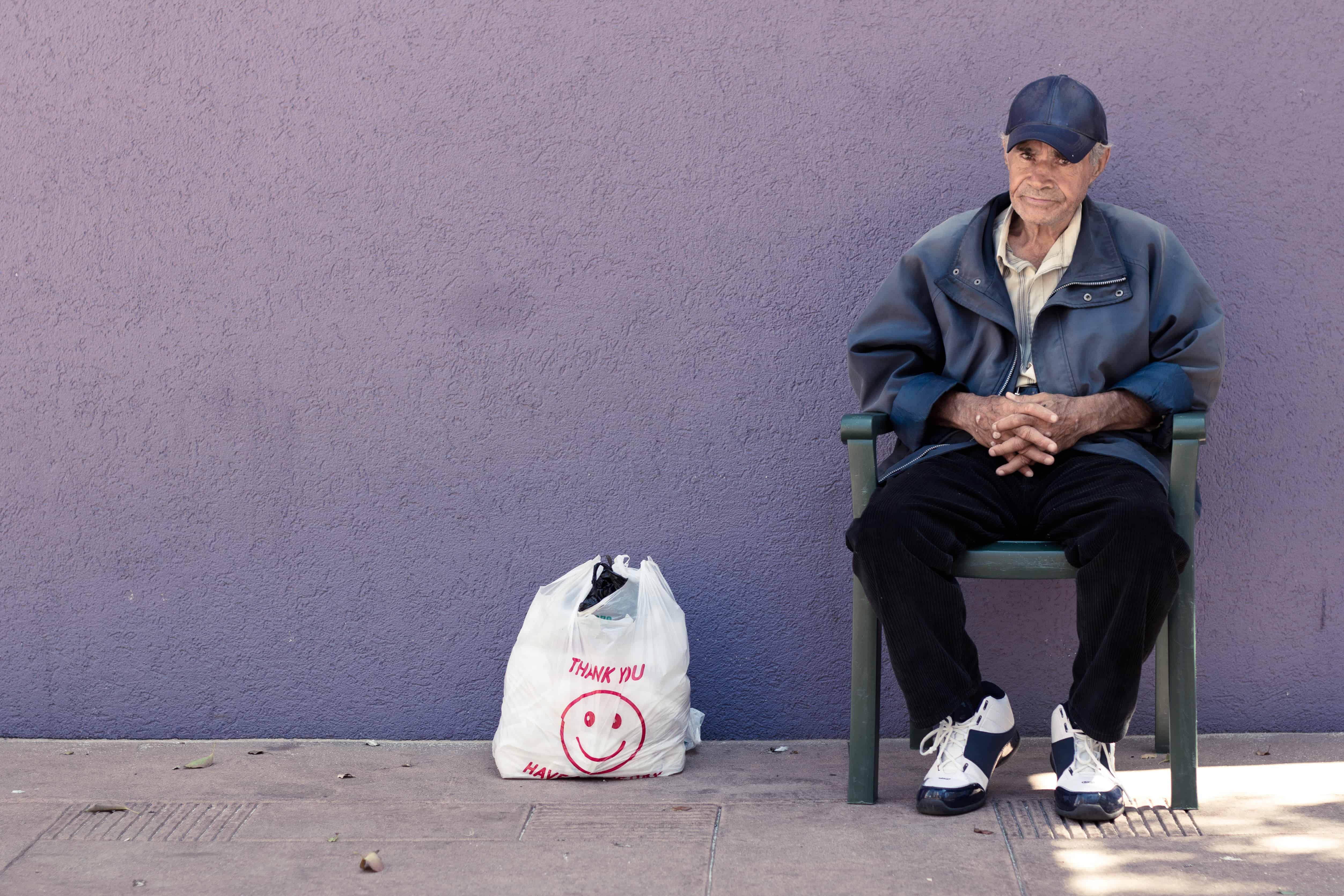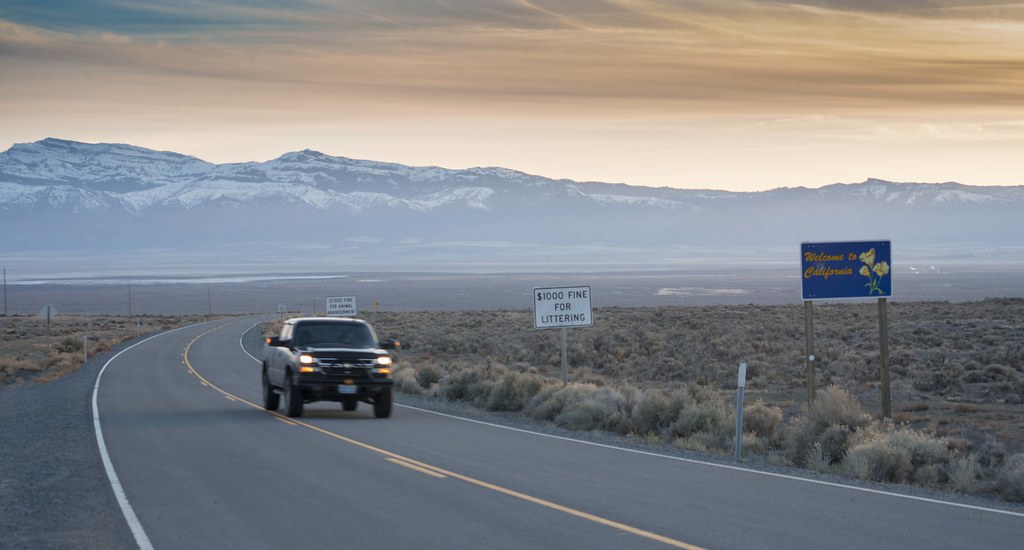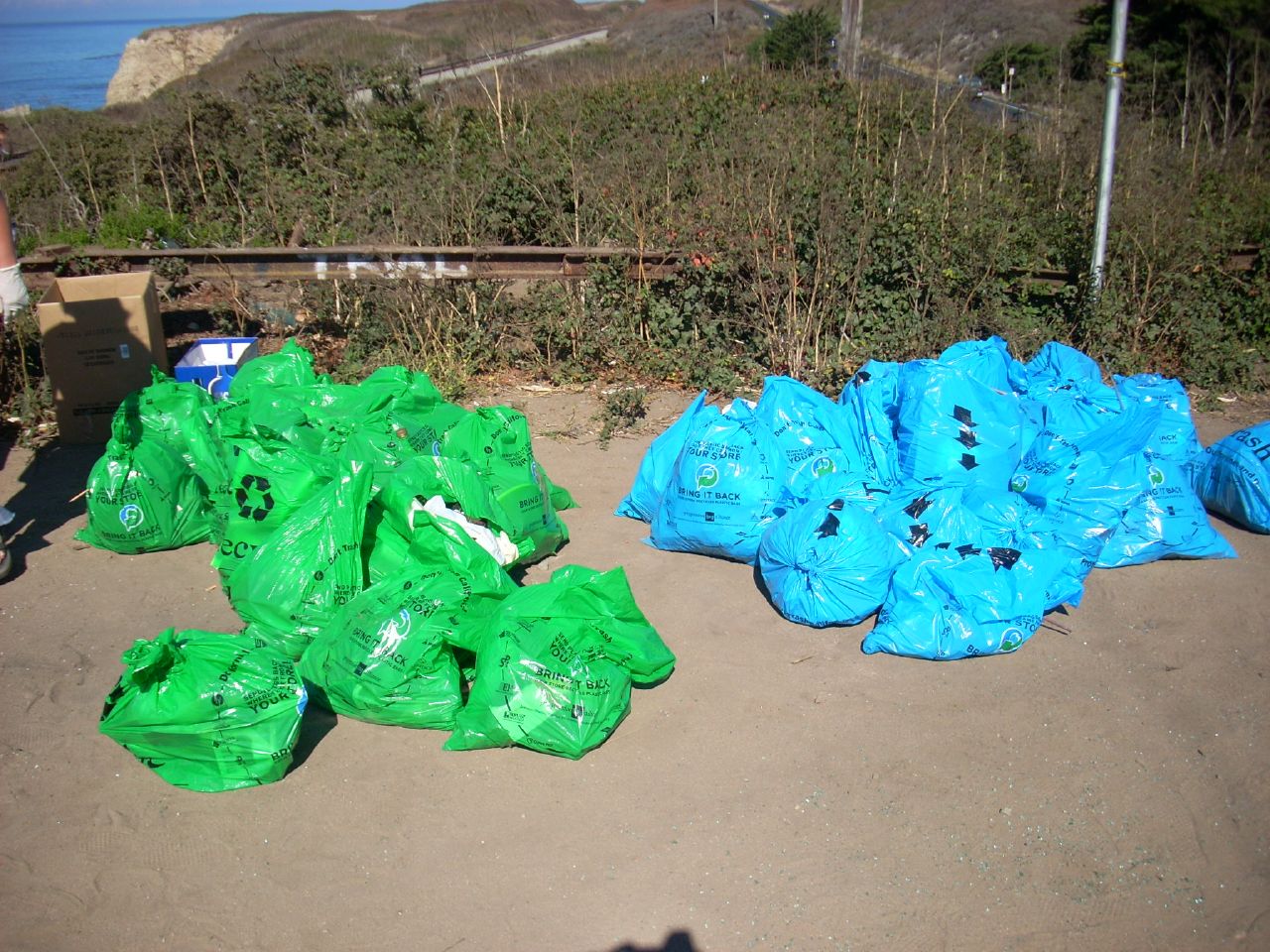Last month California finally banned Plastic Bags.
Surprisingly, it didn’t go down too well. Being the first state to do so, you’d assume that the Californians are quite forward thinking, but it was welcomed with a mixed ‘bag’ of responses. Ill-informed American ‘environmentalists’ were slamming the bill, and saying that this matter should be one of education and not legislation. Sadly, education didn’t work, and recycling plastic bags is hard, meaning that more virgin plastic bags are being used than ever before.
The opposition.
Many of these opposing voices to the Plastic Bag ban are highlighting the energy and cost of producing paper bags, without realizing that the environmentally friendly alternative is to make use of ‘bags for life’. Bags made from cotton or jute are ideal. Recycling plastic bags would be ideal, but it isn’t yet cost effective (this is likely why your council may not collect the bags).
Not according to James Taylor, senior fellow for environmental policy at the Heartland Institute, an Illinois-based think tank. He says ‘Coercing people to use cloth shopping bags will subject people to unnecessary health risks caused by festering bacteria from prior food purchases contaminating newly bought food’. It is currently unknown as to whether he owns a washing machine, this may be confirmed at a later date.
Is paper any better?
Paper bags are really being laid into, and we can understand why. Paper costs three times as much to manufacture and 70 percent more energy, also if you consider they are heavier and take up for space, the carbon footprint of distribution is higher. There are people saying that ‘paper bags break down faster in landfills than plastic’, but it’s not a question of speed with plastic, because it almost doesn’t degrade at all. That landfilled plastic will be there until it’s dug up. Recycling paper and recycling plastic involves two completely different processes; paper often can only be recycled 7 times, suffering massive quality loss on each cycle. Also, who is arguing about landfill breakdown times and not about improving recycling, and still branding themselves as ‘environmentalists’.
It’s being said that paper bags litter the streets just as easily as plastic bags, so should the education over legislation argument not be made to detract litter bugs? San Francisco, who banned plastic bags back in 2007 admitted that litter was unaffected by the removal of plastic bags.
Here’s what’s being ignored.

- Grocers must provide alternatives. These alternatives are Recycled paper bags or reusable plastic bags.
- Cotton bags are available and are the ideal solution. Just remember to wash them.
- Paper bags can be domestically recycled, plastic bags go to landfill
- Worldwide, consumers use an estimated 1 trillion plastic bags each year. That’s nearly 2 million a minute, with the average use of a typical bag just 12 minutes. Californians alone throw away 14 billion a year, creating 123,000 tons of waste and untold amounts of litter.
- Rather than contribute to the problem, becoming a part of the solution will help in the long run. Many shoppers don’t need a bag, but will take one because it’s free, even for just one or two items.
- Studies have shown that when a charge or ban is introduced, 40% of people can make do without and 33% will switch to reusable. The remaining 27% don’t mind paying, as it supports the grocer.
- The carbon footprint of a thick reusable plastic bag is 11 times that of a single-use plastic bag, so if you do reuse it, you have to re-use it a lot. This only factors in production; what about litter, space and natural resources?
- If people aren’t recycling plastic, it often ends up in the ocean, killing tens of thousands of sea creatures, cotton bags do not.
The bag ban will come into effect in July 2015, though there are already groups forming to repeal it, with counter-groups looking to defend it.
California will essentially have to suck it up and move forward with the times. Look how far behind America are with regulating plastic bags!
This graphic shows all of the places that already have Plastic bag regulations in place.











